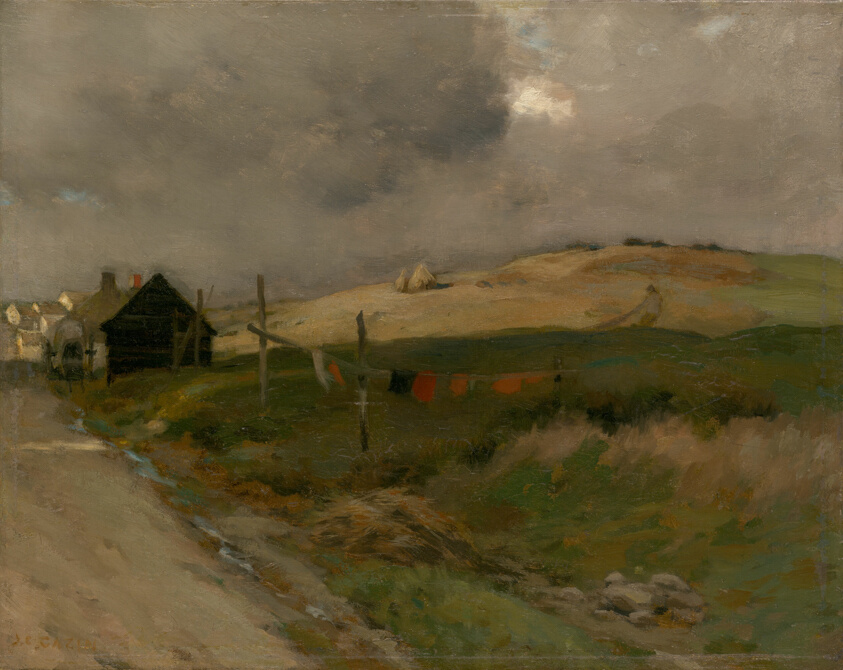Industry News
USTR Initiates Section 301 Investigation on Brazil
TweetJul. 16, 2025
By:
Pietro N. Bianchi

On July 15, 2025, the USTR initiated a Section 301 investigation on whether Brazil’s acts, policies, and practices are unreasonable or discriminatory and burden or restrict U.S. commerce. If the investigation results in a finding that Brazil was unreasonable or discriminatory and burdened or restricted U.S. commerce, additional duties will be imposed on likely a wide range of Brazilian goods. For example, look no further than the Section 301 duties imposed on a wide range of goods from China. These duties are generally assessed at 25%, but can be as high as 100% on certain products. Specifically, the USTR is investigating Brazil’s acts, policies, and practices in:
- Digital trade and electronic payment services
- Unfair, preferential tariffs
- Anti-corruption enforcement
- Intellectual property protection
- Ethanol
- Illegal deforestation
The USTR points to Brazil’s trade agreements with Mexico and India that provide for lower tariffs on vehicles and chemicals respectively. The USTR proposes that U.S. vehicle and chemical imports, which are assessed the most favored nation rate, are burdened or restricted by these trade agreements and that these trade agreements are unreasonably or discriminatorily. It is yet to be seen if and how the USTR will weigh the U.S.’s free trade agreements with 20 countries when making its determination. As an aside, U.S. vehicles appear to be trending in trade policies lately.
Also of concern is Brazil’s ineffective enforcement of its environmental laws and regulations, which has contributed to illegal deforestation. Environmental concerns are of great importance and nations should strive to fulfill climate agreements. Values aside, the investigation will assess whether the deforestation, which produces illicit timber and provides more land for cattle ranching and soybean farming, burdens or restricts U.S. timber, beef, and soybean industries. The USTR proposes that illicit timber allows Brazilian producers to undercut U.S. prices. Further, the USTR proposes that the extra land for cattle ranching and soybean farming provides Brazil with the surplus to backfill Chinese demand for these products when China places restrictions or prohibitions on U.S. agriculture. That’s quite a dust bowl.
Written comments may be submitted starting July 17, 2025. A public hearing will take place on September 3, 2025. All comments and requests to appear at the hearing are due August 18, 2025. The USTR should make a determination within 12 months. If you have questions about Section 301 or other trade remedies do not hesitate to contact an attorney at Barnes Richardson, & Colburn LLP.
